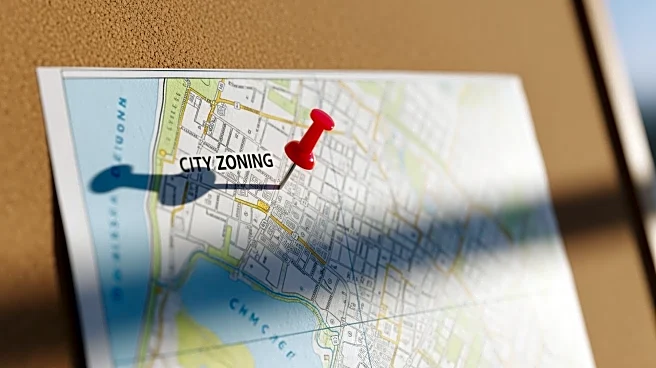What's Happening?
The World Tourism Organization (UN Tourism) has conducted a regional workshop in Bandar Seri Begawan, focusing on enhancing the capacity of its members in Asia and the Pacific to produce reliable and policy-relevant tourism data. The event, held from
November 18 to 20, 2025, gathered over 100 participants from 11 member states, including representatives from National Tourism Authorities and National Statistics Offices. The workshop aimed to share practical approaches to measuring tourism sustainability, utilizing tools like the Statistical Framework for Measuring the Sustainability of Tourism (MST), the Tourism Satellite Account (TSA), and the System of Environmental-Economic Accounting (SEEA). Discussions included topics such as tourism employment, host community perceptions, and environmental impacts, emphasizing the importance of integrated information systems for evidence-based policymaking and destination management.
Why It's Important?
This initiative by UN Tourism is crucial for advancing sustainable tourism practices in the Asia-Pacific region. By strengthening data capacity, member states can better assess and manage tourism's economic, social, and environmental impacts. Reliable data is essential for creating policies that promote responsible tourism, which is increasingly important as the industry seeks to balance growth with sustainability. The workshop also fosters regional cooperation and peer learning, which can lead to more cohesive and effective tourism strategies. As tourism continues to be a significant economic driver, these efforts can help ensure that growth does not come at the expense of environmental and social well-being.
What's Next?
Following the workshop, member states are expected to implement the tools and strategies discussed to improve their tourism data governance and institutional coordination. This could lead to more comprehensive and sustainable tourism policies that align with global trends towards responsible tourism. The ongoing commitment to data-driven decision-making may also encourage other regions to adopt similar practices, potentially influencing global tourism standards. Continued collaboration among member states and international experts will be key to maintaining momentum and achieving long-term sustainability goals.
Beyond the Headlines
The focus on data-driven tourism sustainability highlights a broader shift in the industry towards transparency and accountability. As stakeholders demand more responsible tourism practices, the ability to measure and report on sustainability becomes increasingly important. This approach not only benefits the environment but also enhances the reputation of destinations committed to sustainable practices. Furthermore, the integration of tourism and statistics authorities can lead to more innovative solutions and improved destination management, ultimately benefiting local communities and economies.














